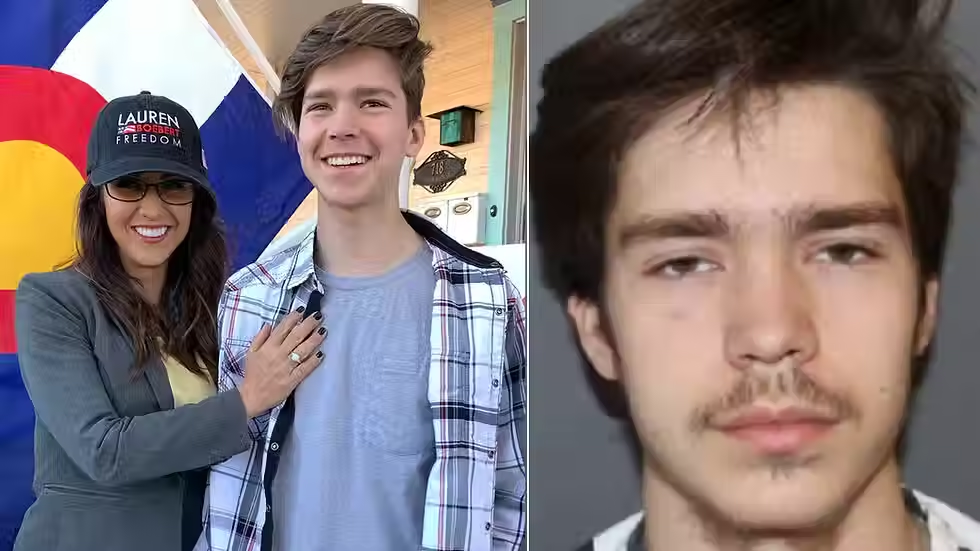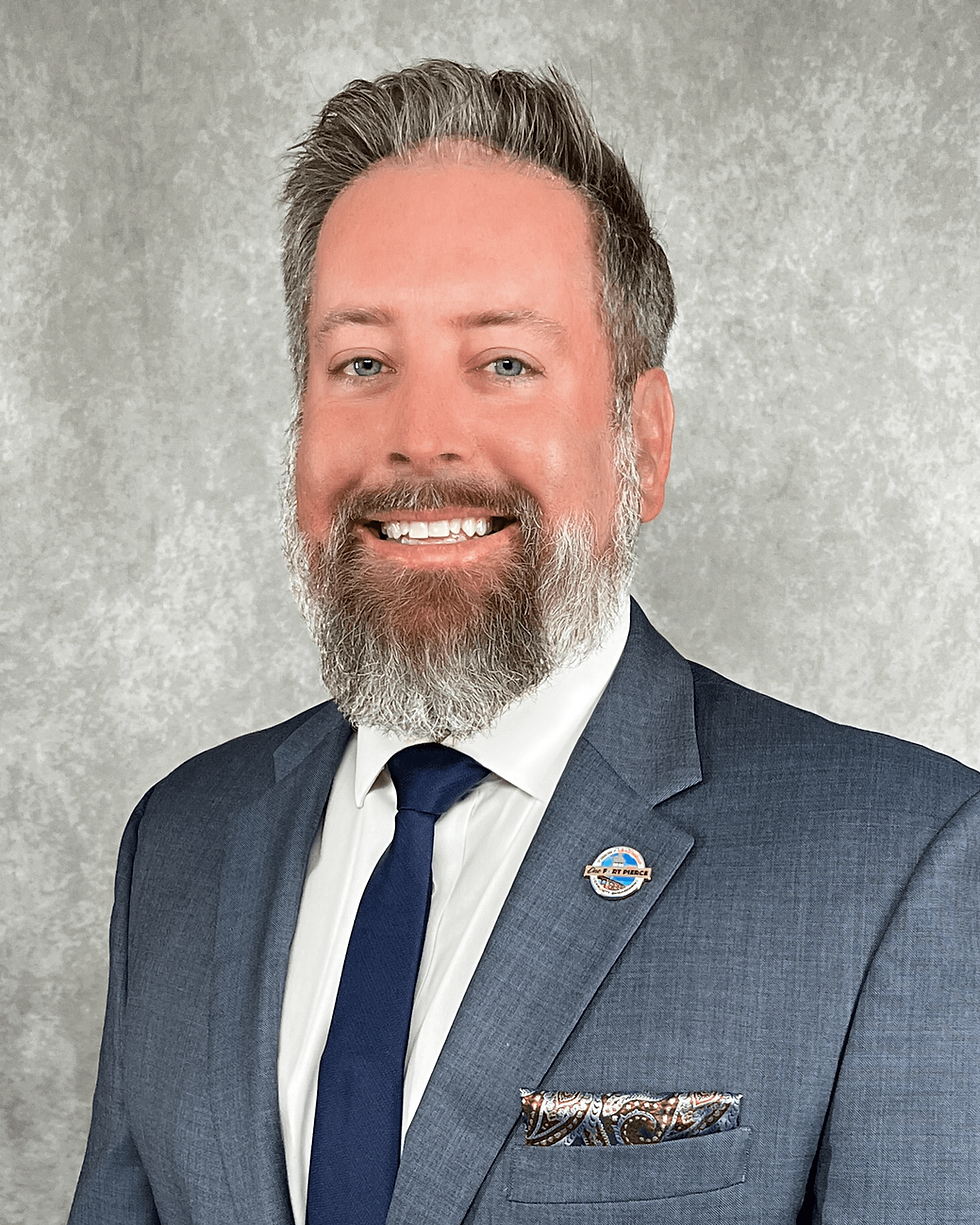Trump Refused to Say if He Should Be Legally Immune if He Kills His Political Enemies
- Jessiah Eberlin

- Jan 11, 2024
- 1 min read
Asked whether he agrees with his attorneys that presidents should not be prosecuted even if they murder political opponents, Donald Trump refused to answer—before insisting that presidential immunity is necessary.
The question came when Trump was giving public remarks outside the New York courtroom in which his high-profile civil case is being held.
“Do you agree with what your lawyers—what they said on Tuesday—that you could not be prosecuted if you ordered Seal Team Six to kill a political opponent?”
“Well, you’re talking about a different case, the immunity.” Trump replied immediately, “I say this: on immunity, very simple, if a president of the United States does not have immunity… he’ll be totally ineffective because he won’t be able to do anything because it will mean he will be prosecuted—strongly prosecuted, perhaps—as soon as he leaves office by his opposing party.”
The nonanswer to an otherwise straightforward, easy question, suggests that Trump concurs with his attorneys—and perhaps even pushed them to argue that broadly in the first place.
The question referred to comments from Trump’s attorneys in a D.C. appellate court in response to the three-judge panel.
When challenged by a number of hypotheticals about the scope of their claims of presidential immunity, one of the judges asked Trump’s lawyers if a president was entitled to absolute protection from criminal prosecution—even if they ordered special forces to murder their political opponents.
After hesitation, Trump’s attorneys argued that even then, the president in question would need to be impeached and convicted in a Senate trial before the courts could prosecute him.








Comments